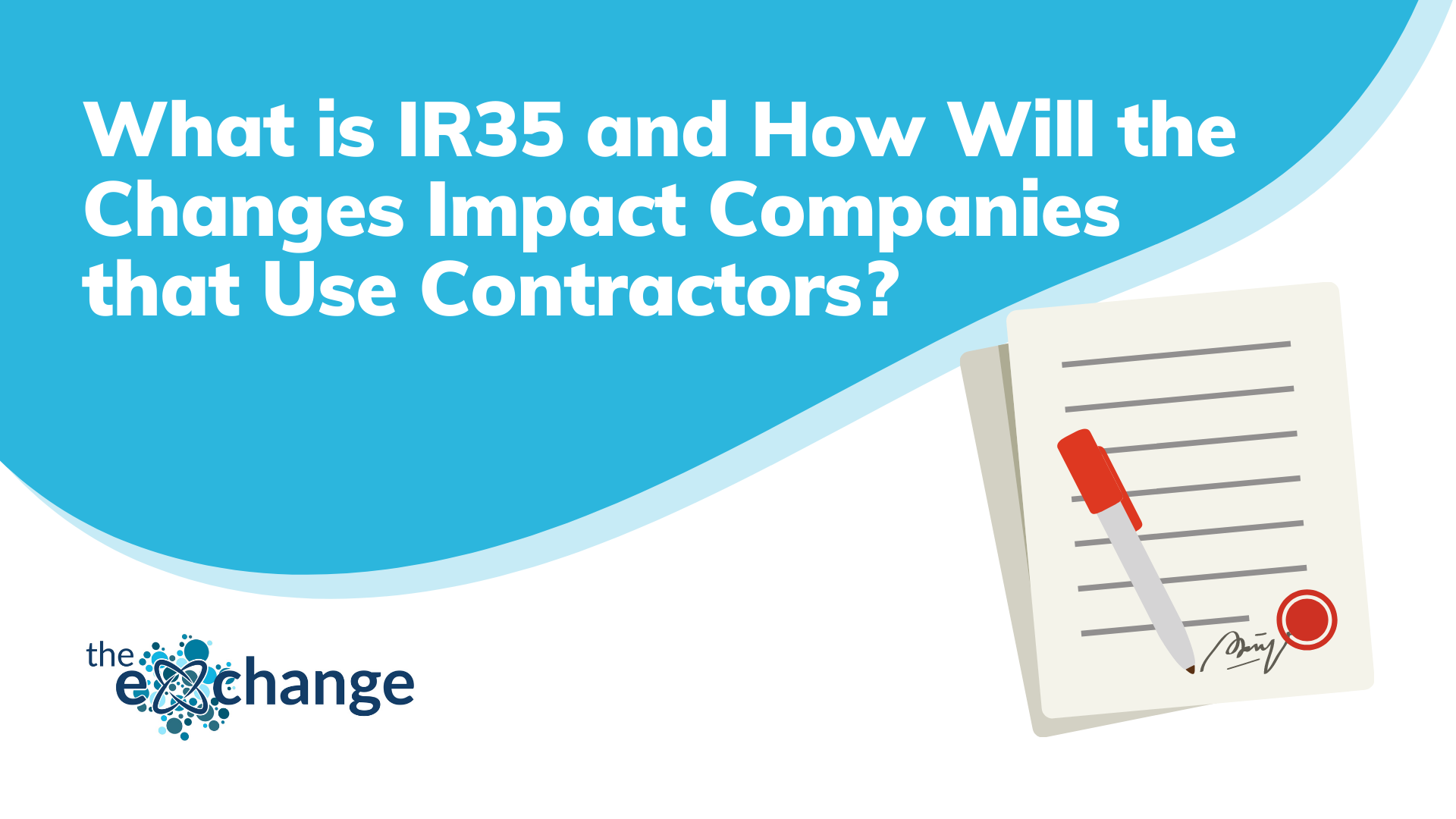
Last week, Evolution and RTRS collaborated on two IR35 webinars in order to help businesses and contractors understand what IR35 is, and what the new changes mean.
We would like to say a huge thank you to Julia Kermode, Chief Executive at FCSA, and Nicole Slowey, Operations Director at Qdos Contractor, for taking part in the webinars.
You can watch the first webinar, “What is IR35 and how will the changes impact companies that use contractors?”, below:
If you are a contractor looking for IR35 advice, you can view our other webinar here.
Evolution and RTRS are both FCSA Supply Chain Partners. If you would like more information, please feel free to contact us.
The questions asked by our webinar participants were as follows:
Yes – there are a number of tools on the market that are associated with a full IR35 review. These vary in quality and the approach. Once we have completed a RAG audit for clients, we will discuss the options and select a tool that best suits clients’ individual needs as part of the full IR35 review. CEST is the only Government-backed tool, and is the only free tool available.
Yes. Generally, insurance is only available for the fee payer, though this can be extended to the hirer. It should be noted, though, that insurance providers will set out requirements for the compliance process that should be followed, and any failure to adhere to this will render insurance invalid.
The REC is a confederation – a voluntary group of agencies join who set out a code of conduct. The Employment Agencies Inspectorate is responsible for enforcing the rules for recruitment agencies, but there are no standards for agencies with regard to IR35. The agency is responsible for implementing the client decision in terms of the status, but each agency will determine the right approach for them and their clients.
Working practices and arrangements generally refer to things that happen in practice rather than in theory. So, for example, your contract may say the contractor determines the way in which work is delivered. But, if you set out a work schedule with control over what, when and how work is delivered, then the working arrangements or practices would ‘trump’ the contract.
This means appropriate experience in terms of determining IR35 status. That could be experience of making assessments, a comprehensive understanding of the law, etc. It’s essentially the Government’s way of saying you must be competent to determine the IR35 status – which will be quite a high bar for most businesses.
If an engagement is found to be inside IR35 and the individual works via a PAYE solution, the impact is approximately 15 – 20% increase in costs.
Clients should give consideration to how they might fulfil obligations around communicating status decisions and having an appeal process. Clients will be responsible for ensuring the decision reaches the worker.
I would suggest something that is transparent, efficient and has a degree of independence, i.e. don’t rinse and repeat the same information through the same online test. We can support clients in implementing an appeal process as part of our review.
You can download our IR35 Action Plan for companies here.
We are happy to help businesses overcome any challenges posed by IR35. If you would like more information, please feel free to contact me.